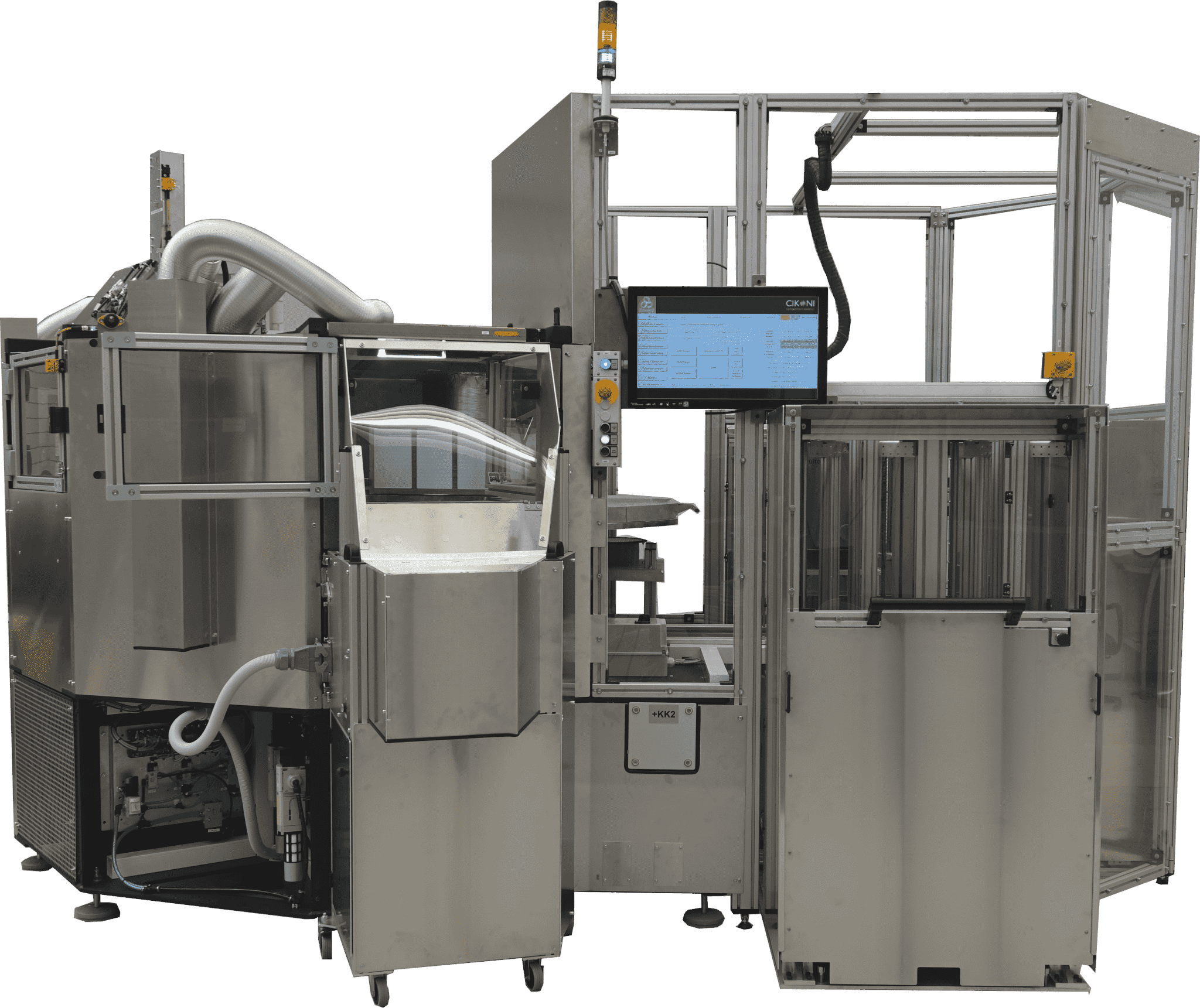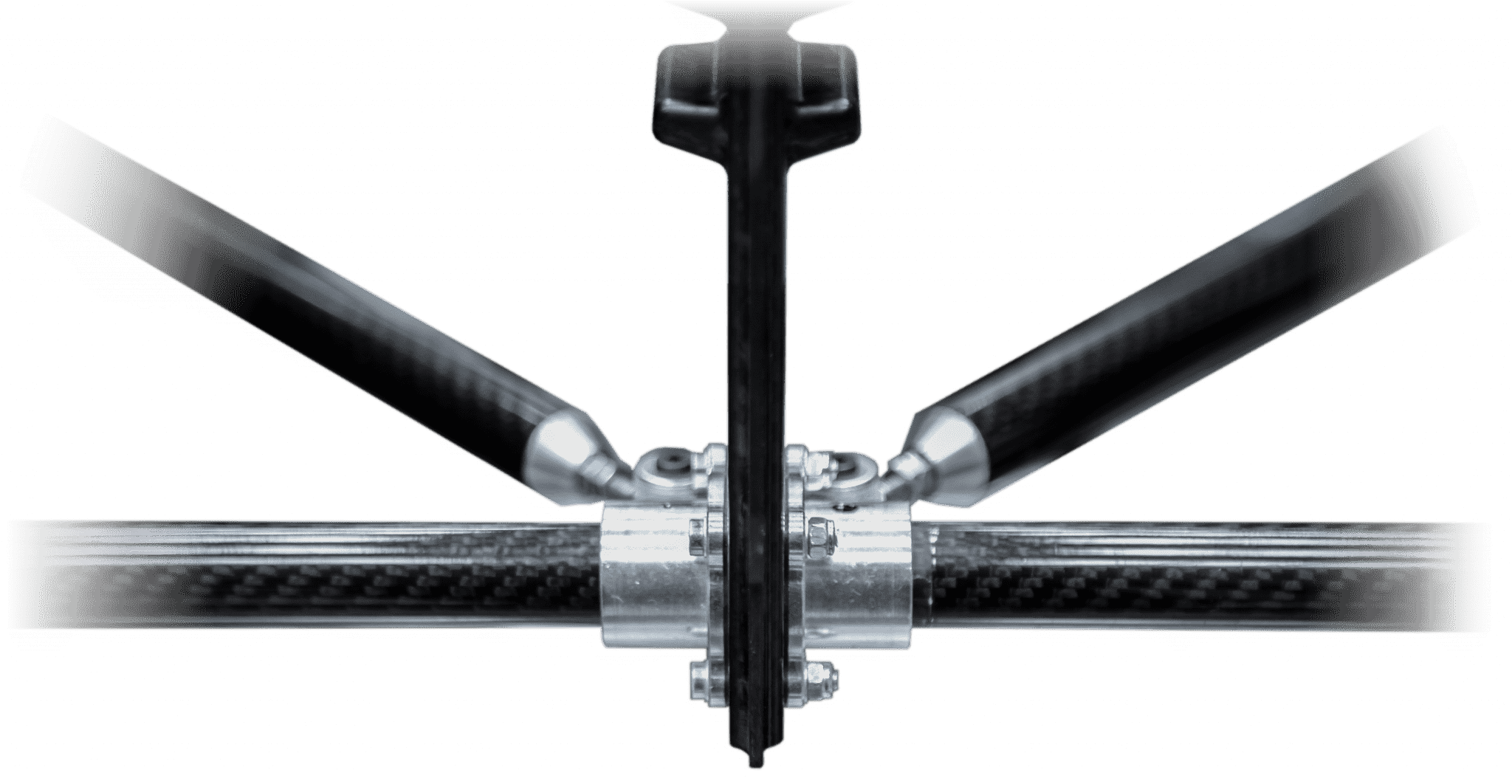
CIKONI: CFRP-Engineering for Pioneers
CIKONI is a specialized engineering company for innovative lightweight and fiber composite solutions with advanced composite materials, such as carbon fiber reinforced plastic (CFRP).
CIKONI stands for holistic specialized engineering services along the entire process chain and includes the development of lightweight products and the necessary manufacturing processes. With our team of experts, we close technology and knowledge gaps on behalf of our customers and realize a measurable contribution to lower energy consumption, higher performance systems and new business opportunities.
For detailing and validating structural components, we use state-of-the-art design tools, advanced simulation methods and fiber-specific FEM calculations (e.g. strength, stiffness, crash). In process development, we realize scalable and automatable solutions for the efficient production of carbon components.

Which Engineering Services is CIKONI providing?
Lightweight construction is a development principle in which we realize the fulfillment of a function with the lowest possible use of material and thus weight. We use both lightweight design principles and high-performance materials such as CFRP/carbon to achieve the weight target. An important tool is the anisotropic finite element simulation, which allows us to validate concepts at an early stage and to optimize them to a large extent in later project phases.
Our overriding goal is to find the right economic measure for each customer. We identify the right level for each customer and each application between ultra-lightweight construction, as practised in racing or aviation, and pure optimization. Hybrid constructions made of metal and composite materials often serve as enablers.
More about the development of CFRP components.
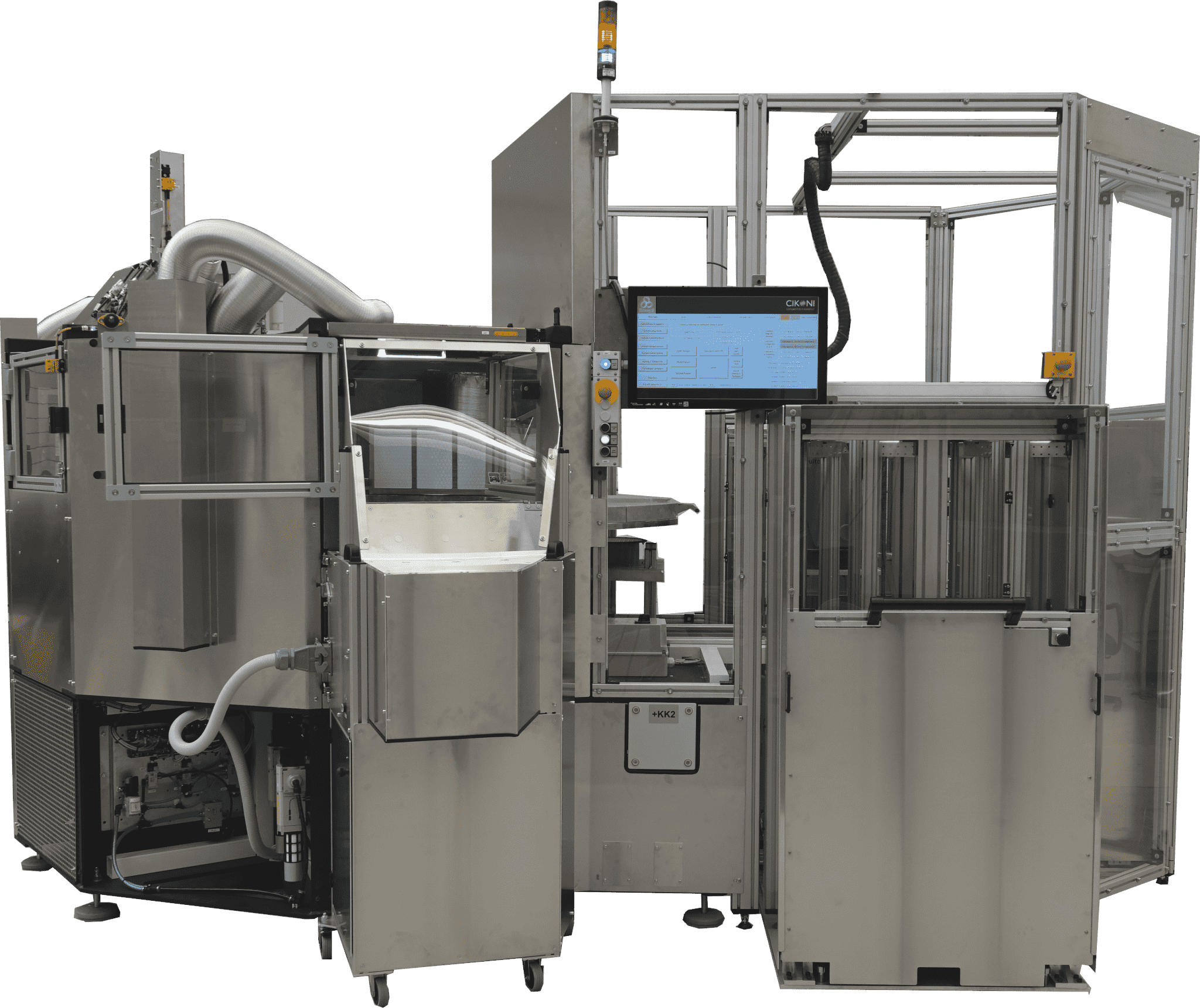
Our Composite Expertise
Our CFRP expertise, which has won numerous awards, inspires customers from a wide range of industries, including automotive, aerospace, mechanical engineering and the sporting goods market. You can get an impression of our work under our references and project examples.
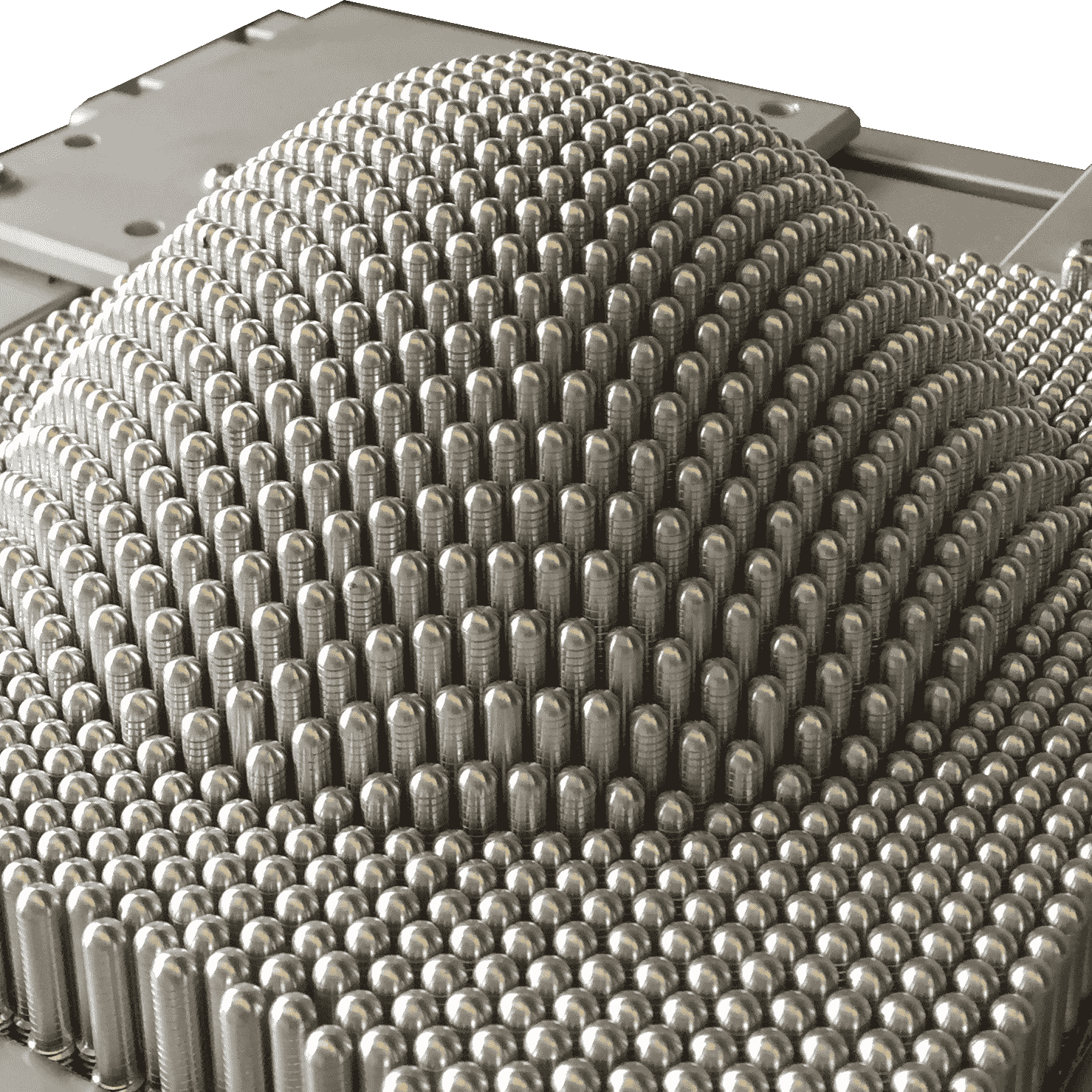
CONSULTING & INNOVATION
Fiber reinforced composites offer extensive opportunities for increasing efficiency and performance. However, the complexity of the materials and the market situation require in-depth expert knowledge.
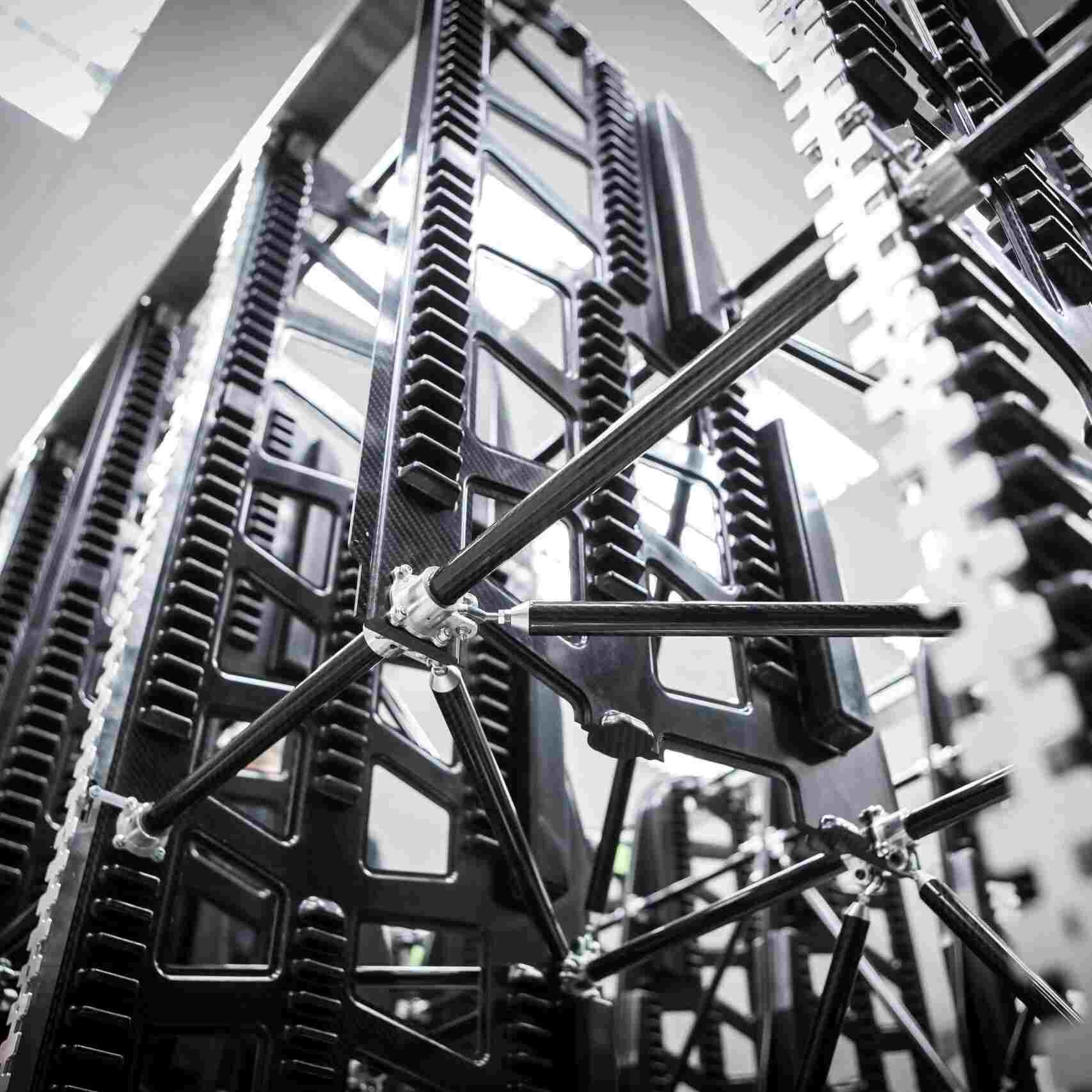
CFRP-ENGINEERING
Lightweight design is a matter of optimization based on special design principles, material-specific simulation approaches, in-depth understanding of materials and robust material data.

AUTOMATION
From semi finished materials to automatically manufactured components. To be successful in the process development of composites, you have to understand the textile character of the materials and use it to your advantage.

H2 PRESSURE VESSELS
Type 3 and Type 4 hydrogen storage systems rely on carbon fiber reinforcements to enable H2-based mobility. We are developing next-generation H2 pressure tanks.
Why CIKONI?
Our unique selling point lies in our expert knowledge of lightweight design and composite materials, coupled with an agile mindset and customer-oriented implementation.
EXPERIENCE & EXPERT KNOWLEDGE
With over 100 realized development projects in the field of lightweight construction and customers from 14 countries, we bring the wealth of experience in the field of composites to realize even the most demanding projects.
FROM COMPONENT TO PROCESS
Our heart beats for lightweight design. We combine expertise from a wide range of industries and employ experts from consulting, design, FEM simulation, testing and automation.
CONSULTING & CUSTOMER FOCUSED
Composites offer many possibilities, but are also complex. Under the guiding principle “from entrepreneurs for entrepreneurs” we advise our customers: Competent, implementation-oriented and independent.
AGILITY & INNOVATION FOCUS
When it comes to strategic development topics, we are driven by two questions: How can we get our customers to their goal as quickly as possible, while at the same time generating sustainable added value that will hold its own on the market in the long term?
Lightweight Design in Numbers at CIKONI
Resource efficiency, technical performance and a holistic approach to development projects are driving our growth. Lightweight construction with composite materials such as CFRP or carbon takes up a large part of our development projects.
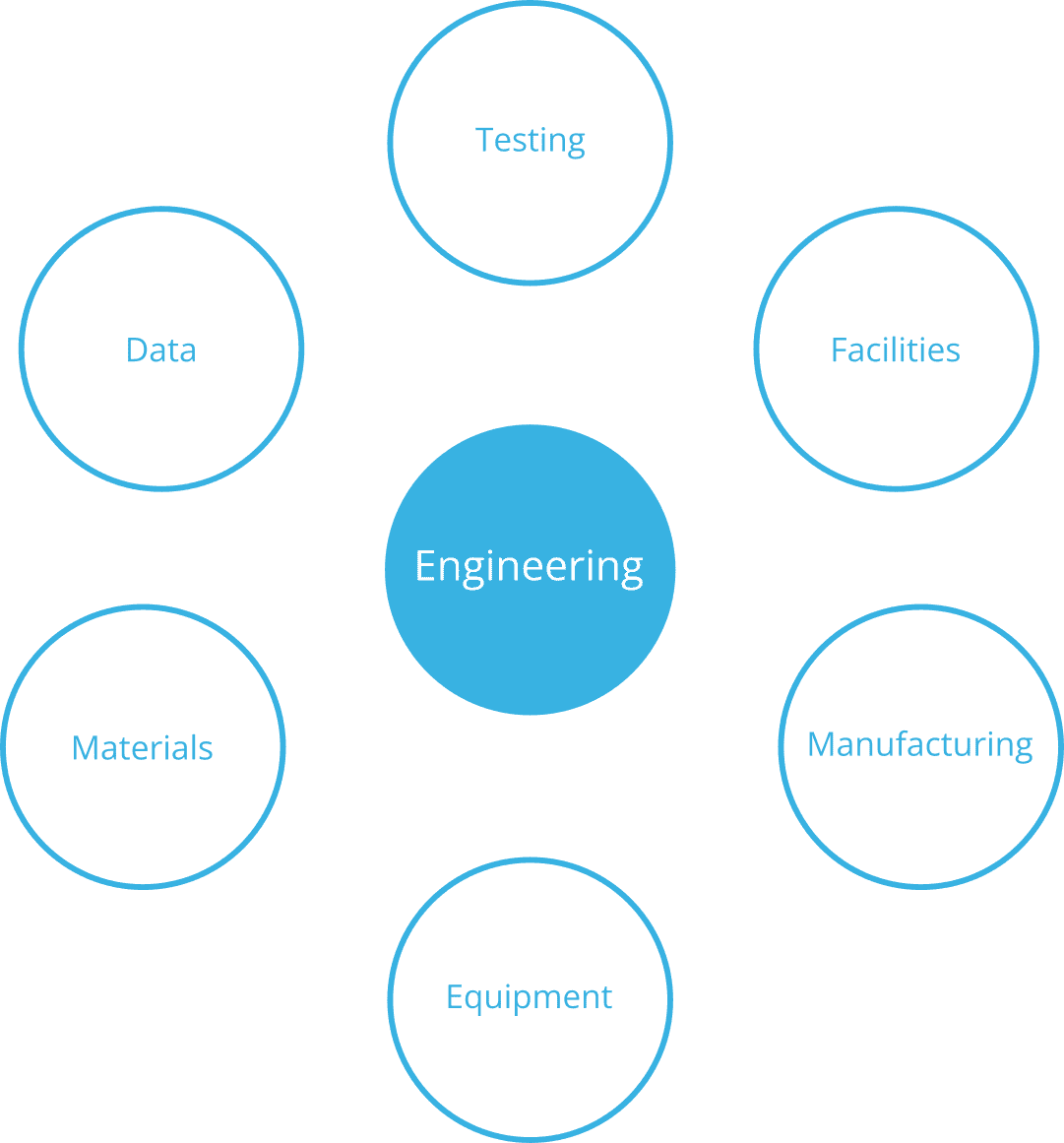
Our Approach: All Resources Coordinated from a Single Source.
Composite materials not only combine several materials in themselves, but also require the pooling of several competences and technical resources. Through the strategic use of networks, we can combine our engineering competence with
supporting activities from partners and offer unbeatable added value for our customers.
Our process model is based on competence, agility and quality. At CIKONI, knowledge comes first. From engineering, we control our partner network to activate all possibilities of the network for our customers without risking the overview
or the technical interpretation sovereignty.
This provides our customers with the most innovative materials, state-of-the-art testing capabilities and manufacturing capacity. CIKONI manages these resources centrally from engineering to ensure data consistency and engineering
oversight.
Cross-Industry Lightweight Design Expertise
Lightweight design and innovation go hand in hand. If you want to pursue effective lightweight design with composite materials, you have to free yourself from familiar solutions. Lightweight design is created at the interface of modern materials, intelligent designs and the possibilities of new manufacturing processes. At CIKONI, we bring this comprehensive lightweight design expertise to a wide range of industries.
Our references: The best Technology Companies
From Start-ups to Fortune 500 corporations – from Brazil to Japan: CIKONI is a trusted partner of leading technology companies.
Experts On Demand.
We are pleased to discuss your challenges in the field of CFRP lightweight design with you. Contact us today to receive your individual solution proposal.
New Developments in Lightweight Design
The composites market is growing at an average rate of 8% per year. New lightweight applications, innovative processes and new developments in the field of materials development are almost the order of the day here.
